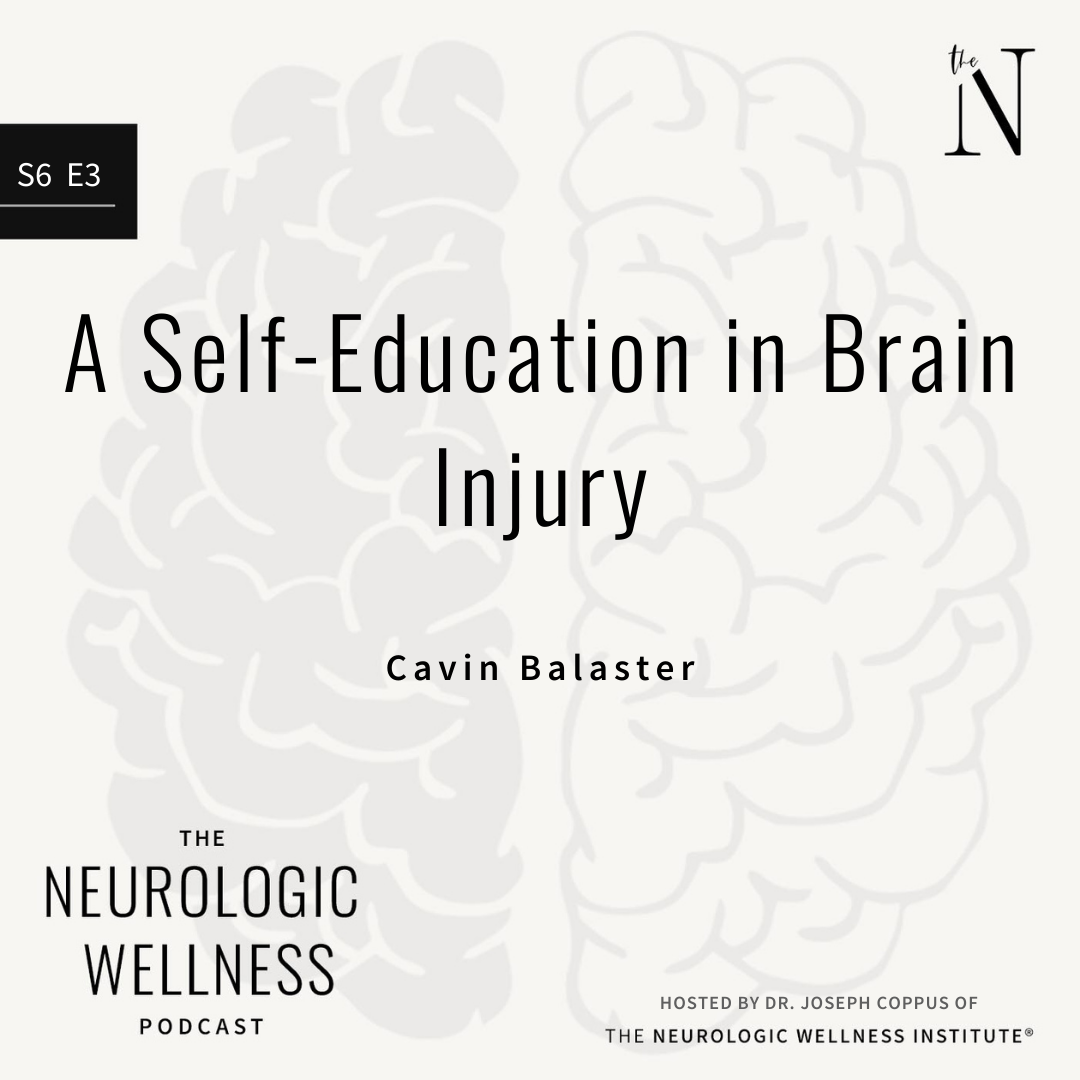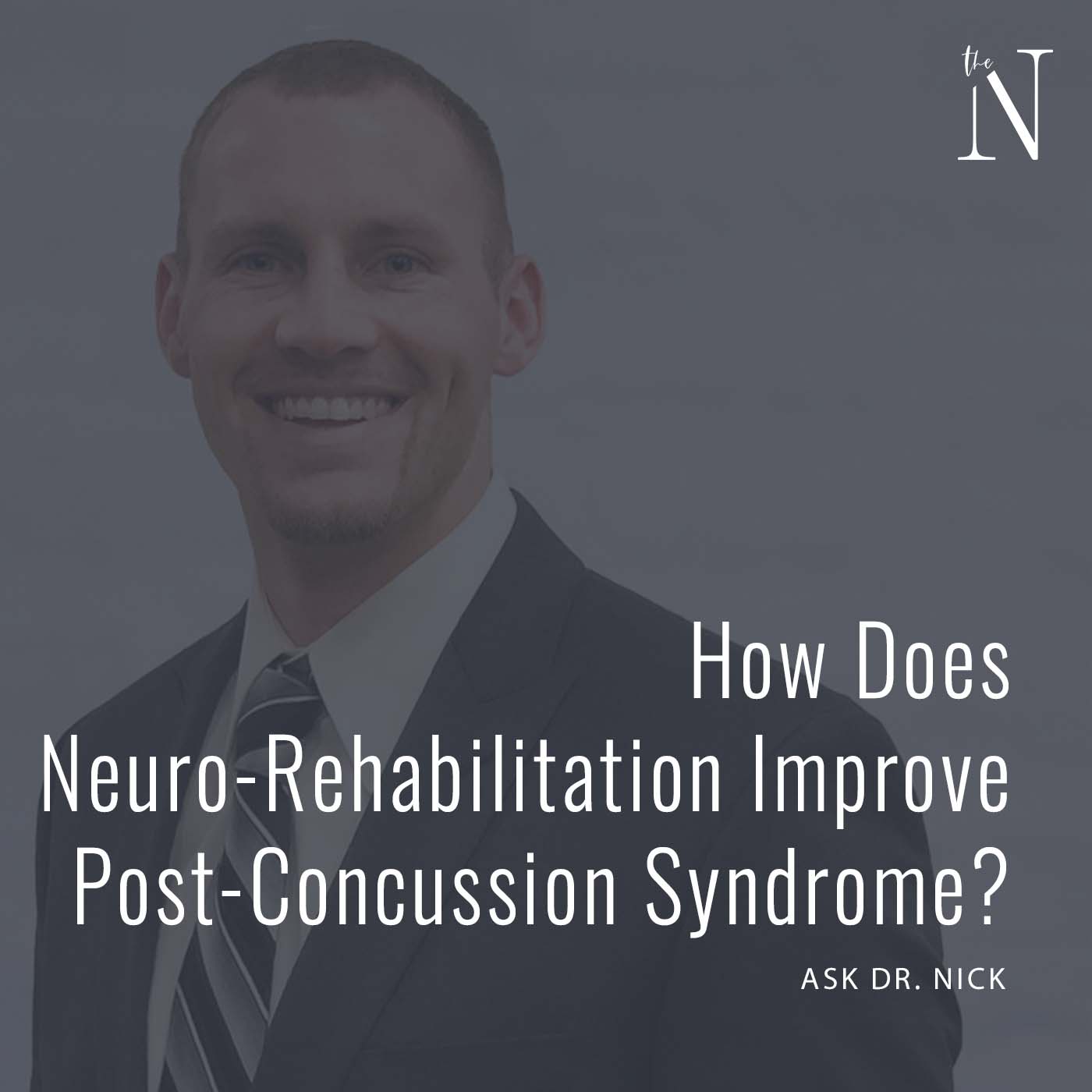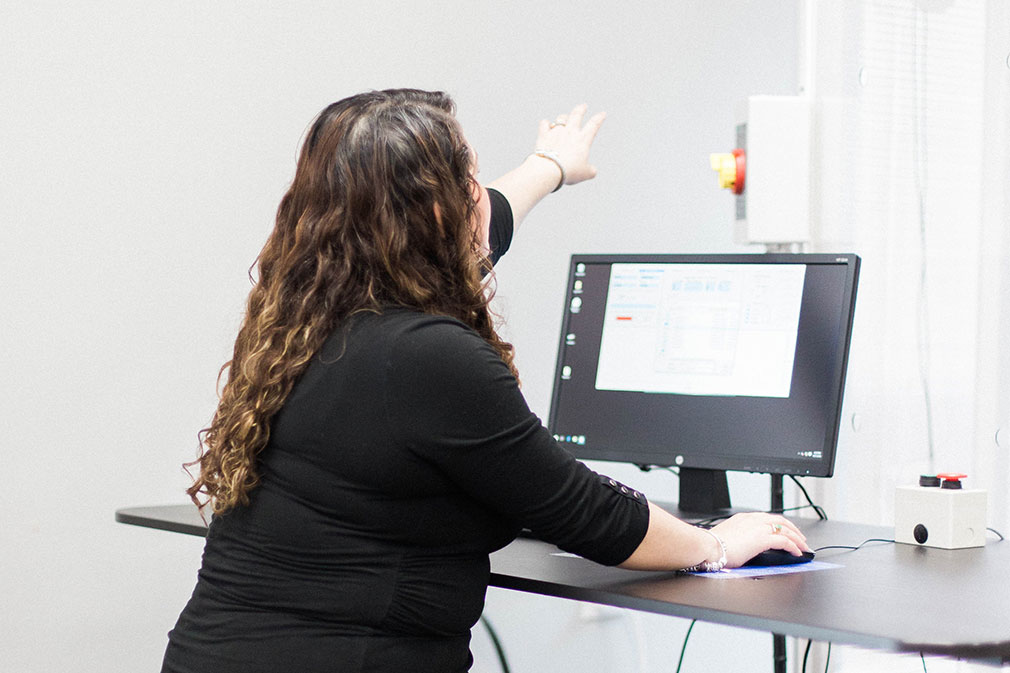What Is Traumatic Brain Injury?
Traumatic brain injury (TBI) has been called “the most complicated disease of the most complex organ of the body” and is an increasingly high-profile public health issue. No single definition of concussion is accepted, however, the NIH definition of TBI is “an alteration in brain function, or other evidence of brain pathology, caused by an external force.”
How Common Are Concussions and Traumatic Brain Injuries?
In the United States, it is estimated up to 4 million concussions are reported a year, up to 90% of these reported “mild” (mTBI). Many patients report long-term impairments following even these “mild” injuries. 1 in 4 Americans report suffering at least 1 concussion in their lives. 90% of people who suffer concussions do not seek medical help making the number of reported concussions vastly underreported.
How Are Concussions Diagnosed and Treated?
Every concussion is unique based on a number of different factors which makes trying to understand concussions that much harder. Despite the increased awareness of concussions, there is still lacking an effective method of diagnosis and treatment. Over 30 clinical research trials of pharmaceutical drugs (amounting to over 1.1 billion dollars) have all failed to properly treat concussions. The FDA has yet to approve a single diagnostic test or therapy for concussions.
Why Is Recovery Easy For Some, While Difficult For Others?
It is estimated that up to 43% of concussion patients experience prolonged cognitive, emotional, and/or body impairments for more than 3 months post injury (post-concussive syndrome). A recent study showed that of all the people who are suffering from post-concussive syndrome, only 27% made a full recovery naturally. The fact that some people have quick recoveries while other people do not recover at all is still unknown. Factors such as genetics, health status, biomechanics, and environmental factors all are likely involved.
Many different specialists (neurology, neurosurgery, psychiatry, sports medicine, rehabilitation, neuropsychology, neuroscience, and others) are working together to try to better understand concussions and how we can better diagnose and treat concussions. The underlying problem in concussions is largely unknown, despite several reasonable theories.
Ideas such as chronic metabolic/inflammation disorders following a concussion, injuries of the wiring (axons) in the brain after a concussion, and functional problems of different areas of the brain being able to communicate with one another has all been theorized as the underlying problem in concussions. Making things more complicated, mild traumatic brain injuries have been shown to have different underlying problems than more severe brain injuries (such as blast injuries).
What We Do Know…
One thing we do know, when someone does suffer a concussion, immediately after a concussion their brain is more vulnerable to repeat head injuries. Metabolic dysfunction occurs immediately after head injuries creating a window of vulnerability if the person gets hit again. This is referred to as “second impact syndrome”. This becomes extremely important in context to athletes returning to the field too soon post head injury, as well as soldiers returning to battle too soon post head injury.
The fact that the force on the head is different for each individual concussion creates a unique combination of external forces for each individual who has suffered a concussion. Traumatic biomechanical forces in the brain can occur from direct blows to the head, or from indirect impact to the head (whiplash). Fast acceleration or deceleration forces, as well as intracranial pressure changes, can have unique consequences on the brain. Due to the variety of possible injury mechanisms of concussions, it is assumed there is also a variety of destructive processes occurring in the brain. The combination of all of these different forces combined with age, pre-injury diseases and medications, as well as genetics make concussions that much more complicated.
What Are The Most Common Symptoms?
Most concussion patients complain of a combination of headaches, disorientation, language impairments, loss of consciousness, mood disruptions, cognitive deficits, sleep disorders, sensitivity to light and sound, and/or problems with balance or gait. Loss of consciousness was once thought to be the hallmark of concussions, however, it is now thought to be present in only 1-14% of concussions.
Imaging for Concussion and Traumatic Brain Injury
One of the most troublesome aspects of concussions is the inability of doctors to be able to properly diagnose a concussion.
Coma scales are commonly used with acute, severe brain injuries, but have not been shown to be beneficial in regards to more mild concussions.
MRI/CT is commonly used immediately after concussions to rule out more severe brain injuries. However, the majority of mTBI patients have normal MRI/CT imaging despite chronic symptoms.
A more advanced imaging technique called diffusion tensor imaging (DTI) has the ability to look at the connections in the brain which may be injured following a concussion. This type of imaging has shown promise as an alternative test to diagnose concussions, however, it is still not known how effective this imaging technique will be.
Finally, QEEG testing is currently being used as an alternative method to diagnose brain alterations following a concussion, however, it is still not approved as a standardized test for concussion. Blood tests are continuously being developed to try to diagnose concussions, however, so far no one marker has shown to be able to be used for diagnosis yet.
The Complexity of Concussion/TBI
A major setback in understanding concussion is the complex nature of the condition. The brain is an interconnected network in which the behavior of the whole is not determined or defined by the behavior of its parts or subsystems. Multiple areas of dysfunction most likely are occurring in concussions from metabolic disorders, to altered neurotransmitter communication due to axonal injuries, injuries to blood vessels and the immune system, as well as disorders of brain detoxification. To make matters worse, all of these areas of dysfunction are related to one another and one area of dysfunction will make the other area even more dysfunctional.
In conclusion, concussions are complex and there is much more to learn about how to properly diagnose and treat concussions. Diagnostically, we believe concussions commonly impact neurotransmission in the brain and these alterations may be seen on QEEG. Concussions also cause deficits in communication between areas of the brain which are commonly related to eye movements and balance.
At The Neurologic Wellness Institute, we use advanced diagnostic testing such as QEEG, digital eye movement recordings, digital balance recordings, and neurocognitive testing to help determine the status of our patient’s brain function after a concussion. Based on these results combined with our neurological examination, our doctors are able to best help patients suffering from post-concussion syndrome with the most recent technology and information available in the world.
For more information contact: info@neurowellnessinstitute.com or schedule a consult if you have further questions.
Reference:
Kenzie et al. Concussion as a multi-scale complex system. Frontiers Neurology. 2017.






